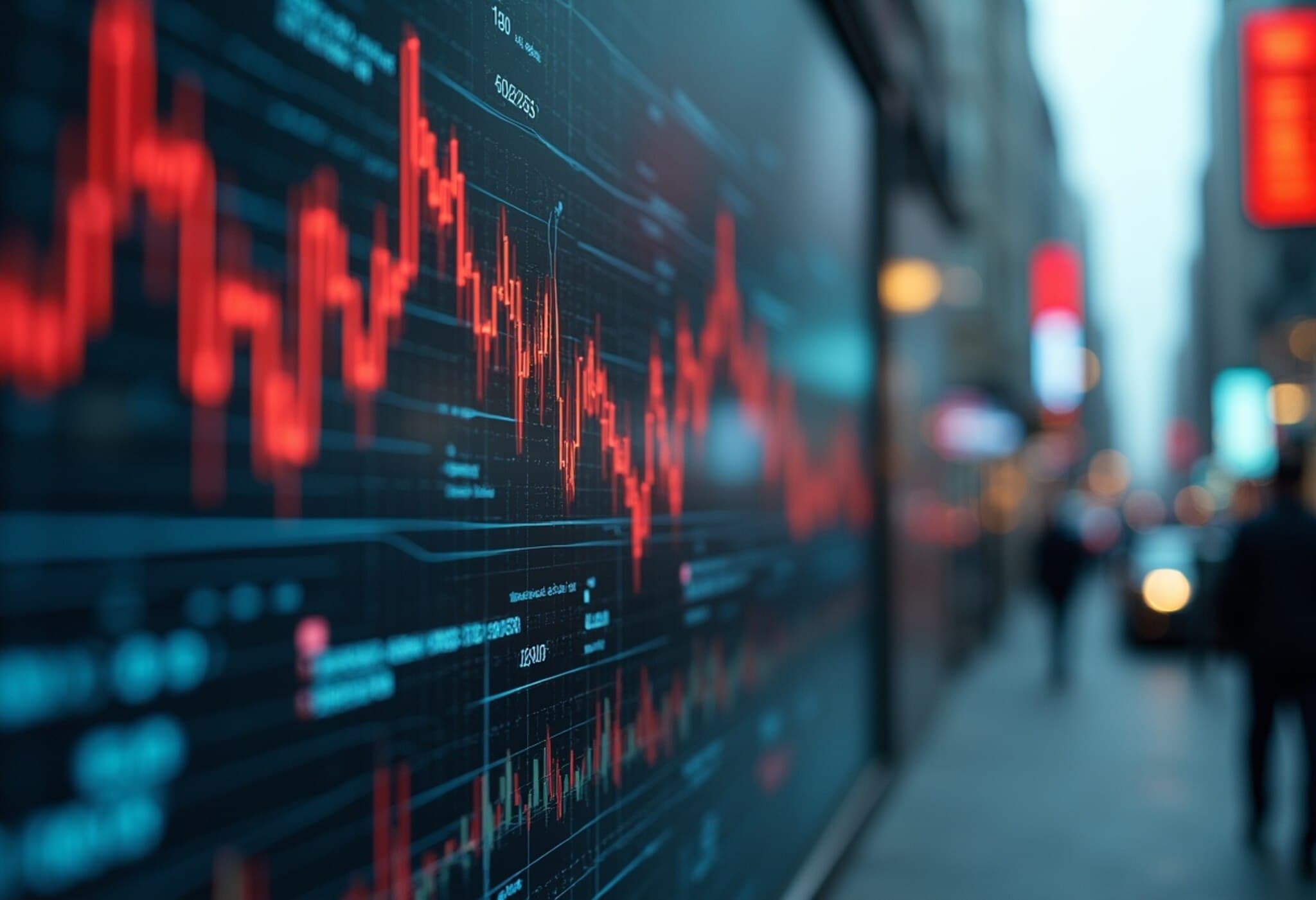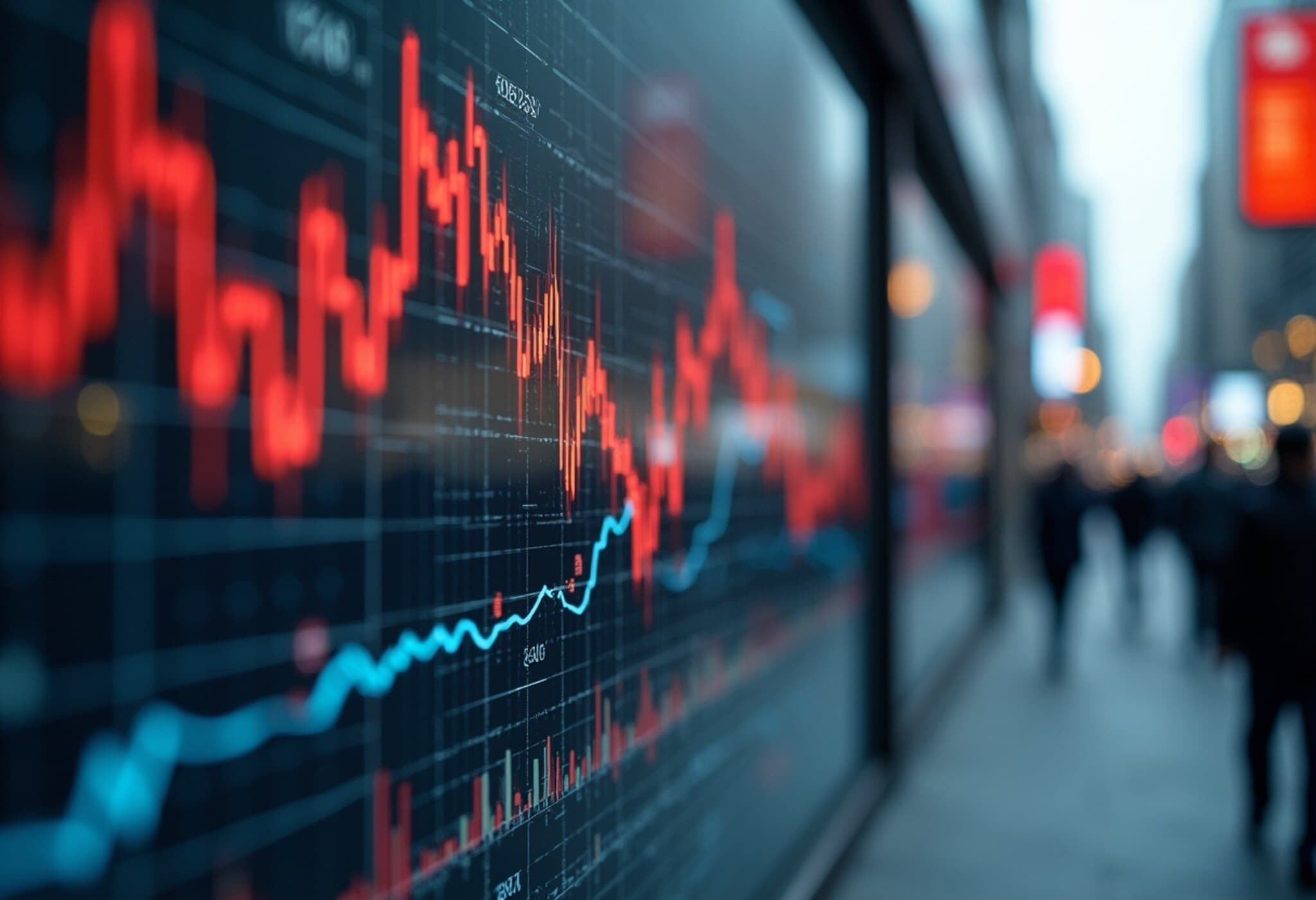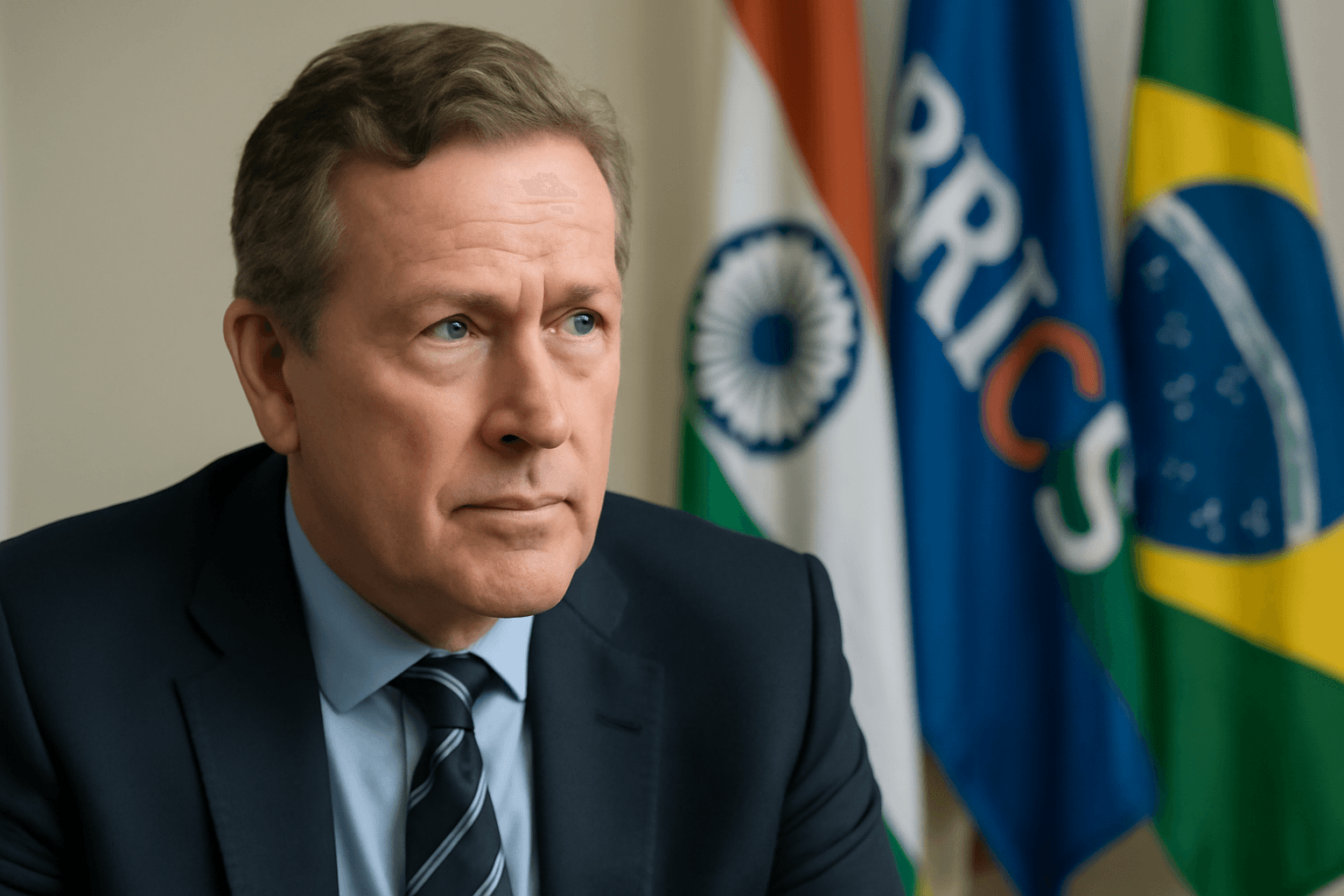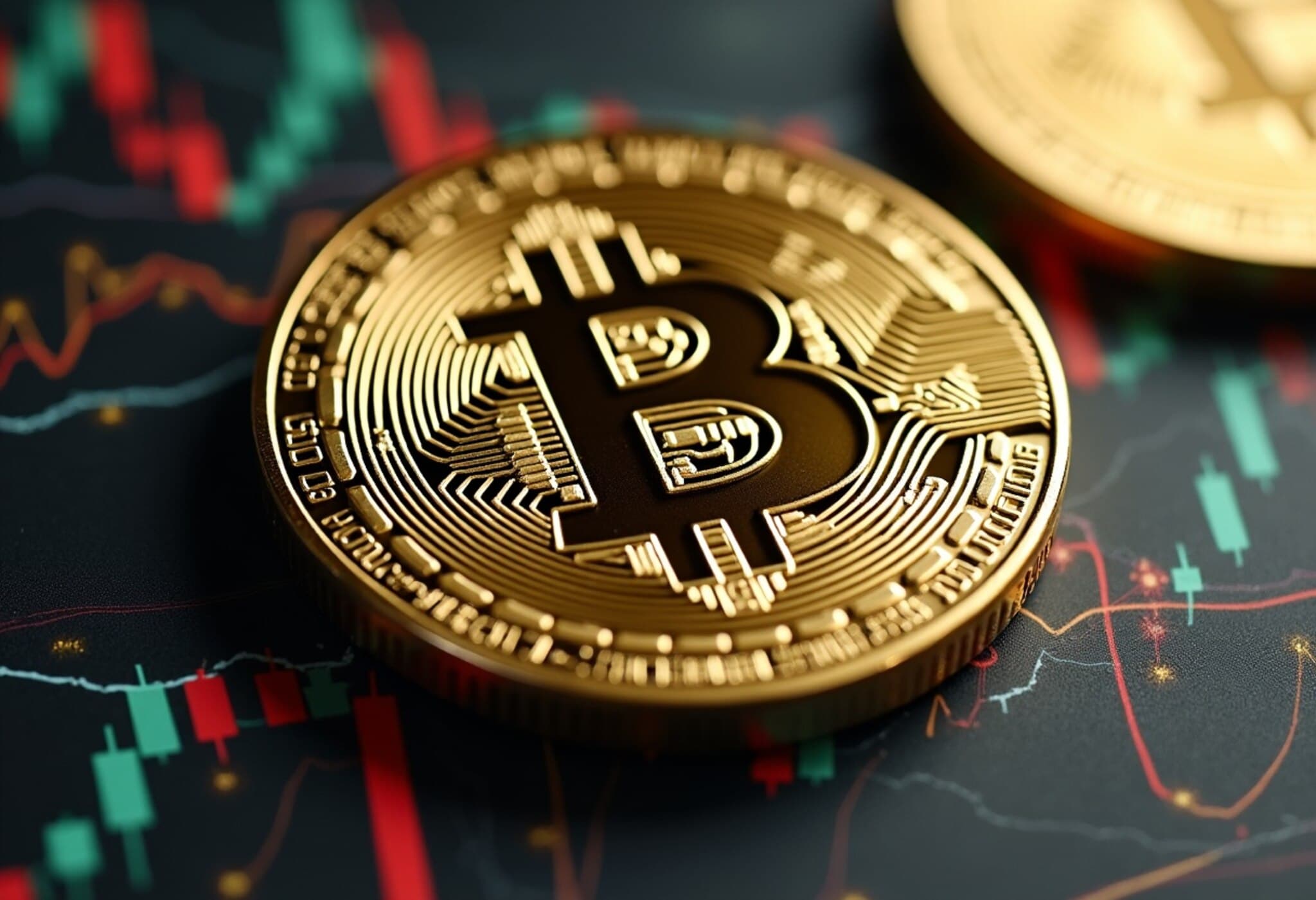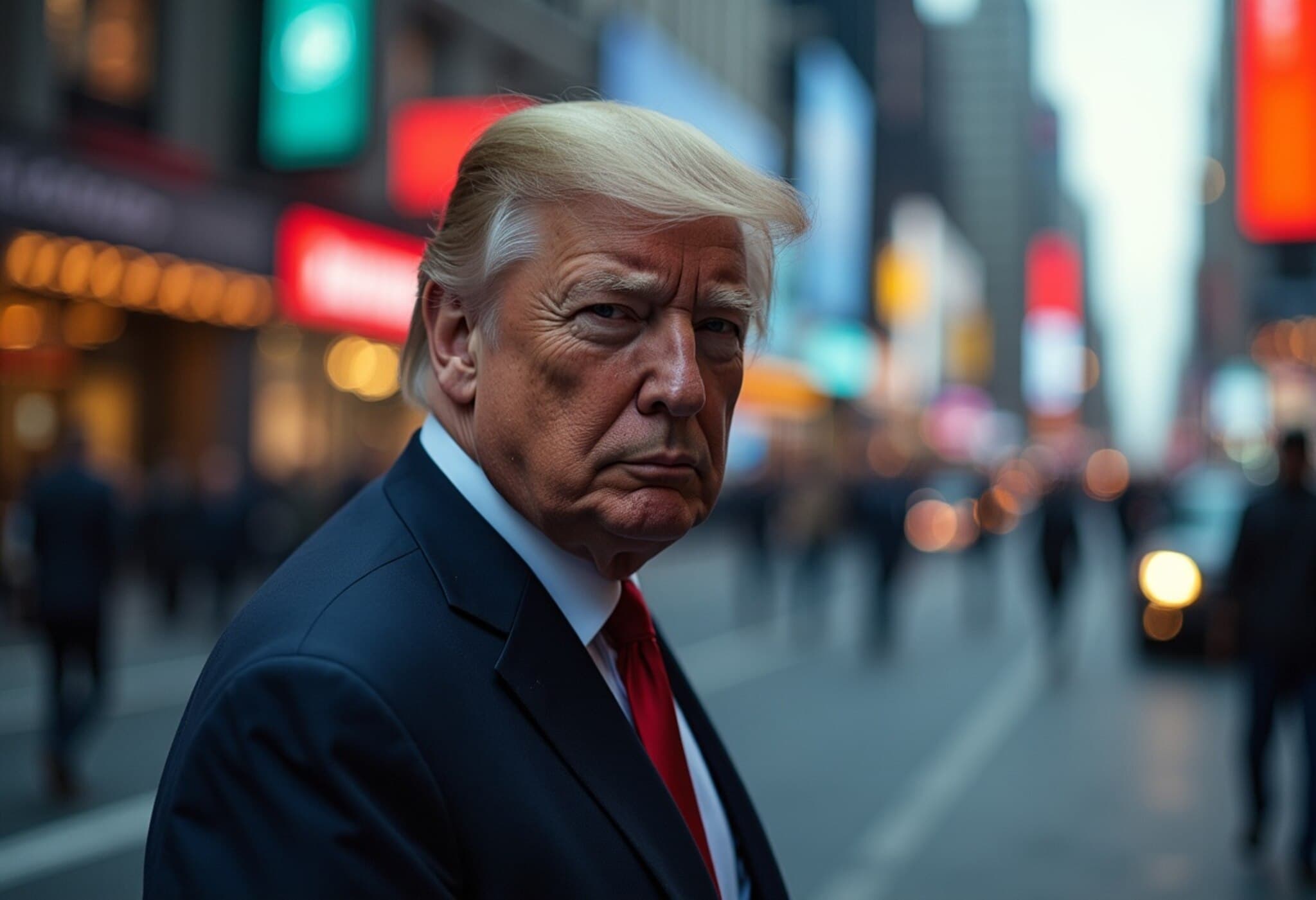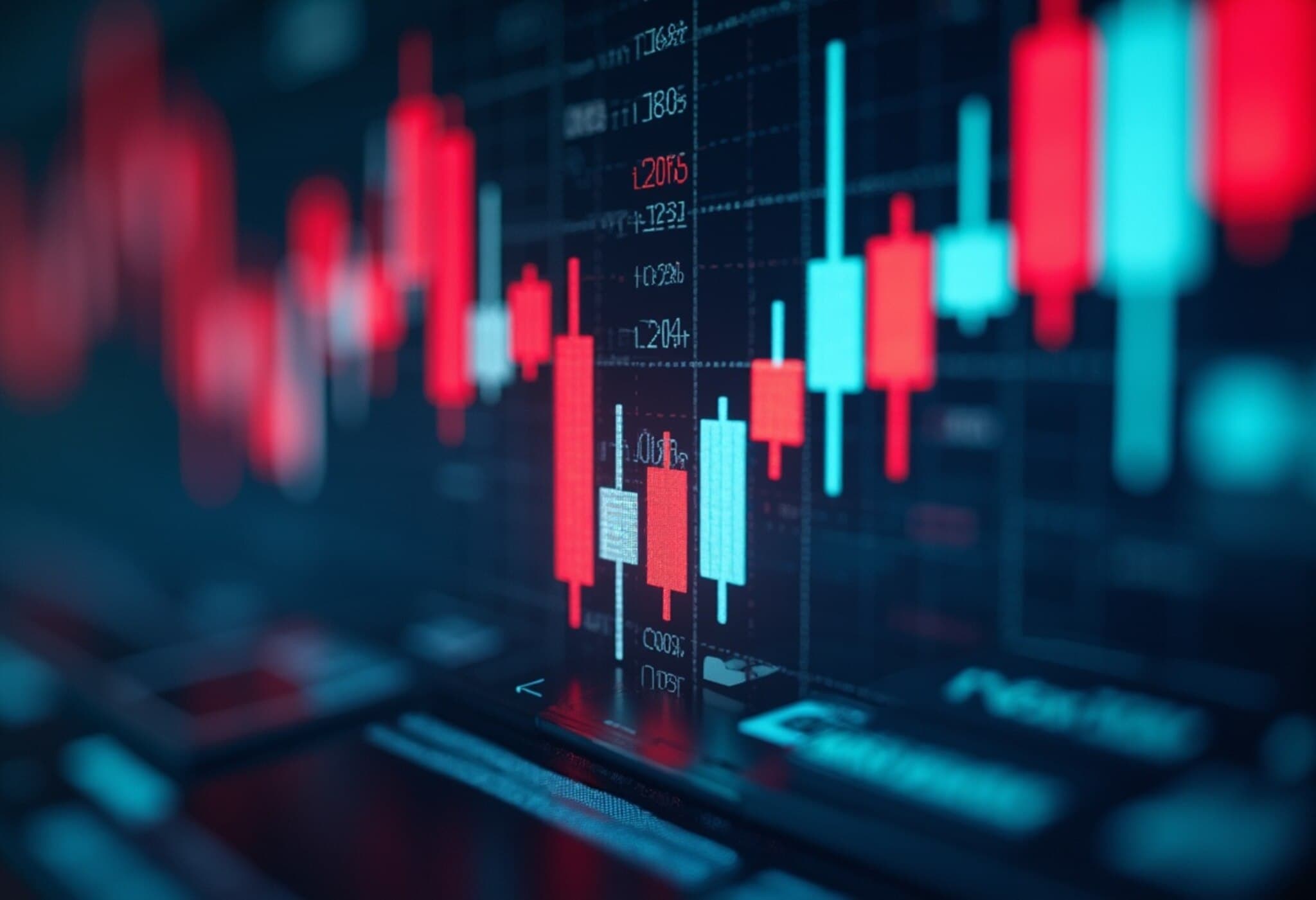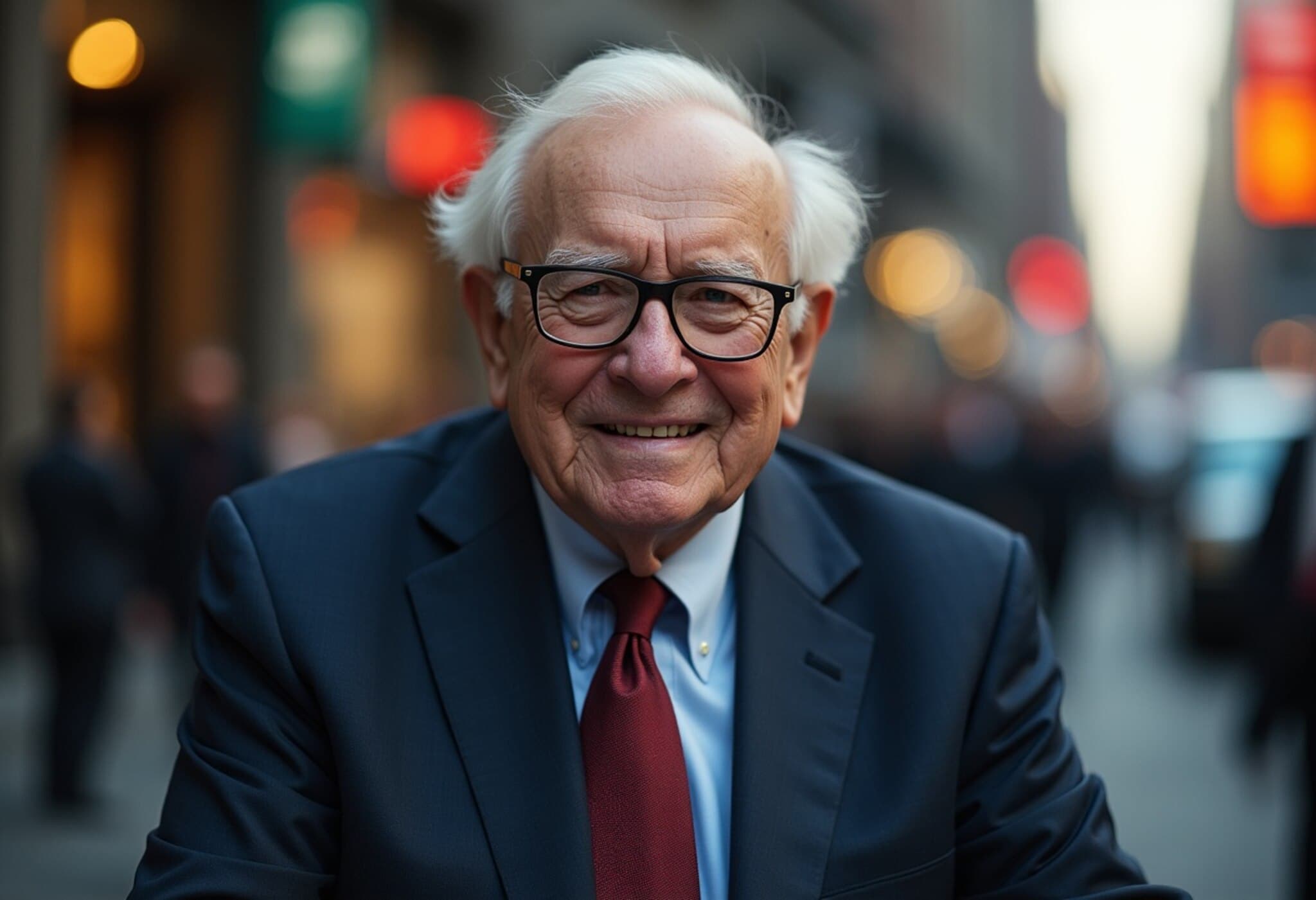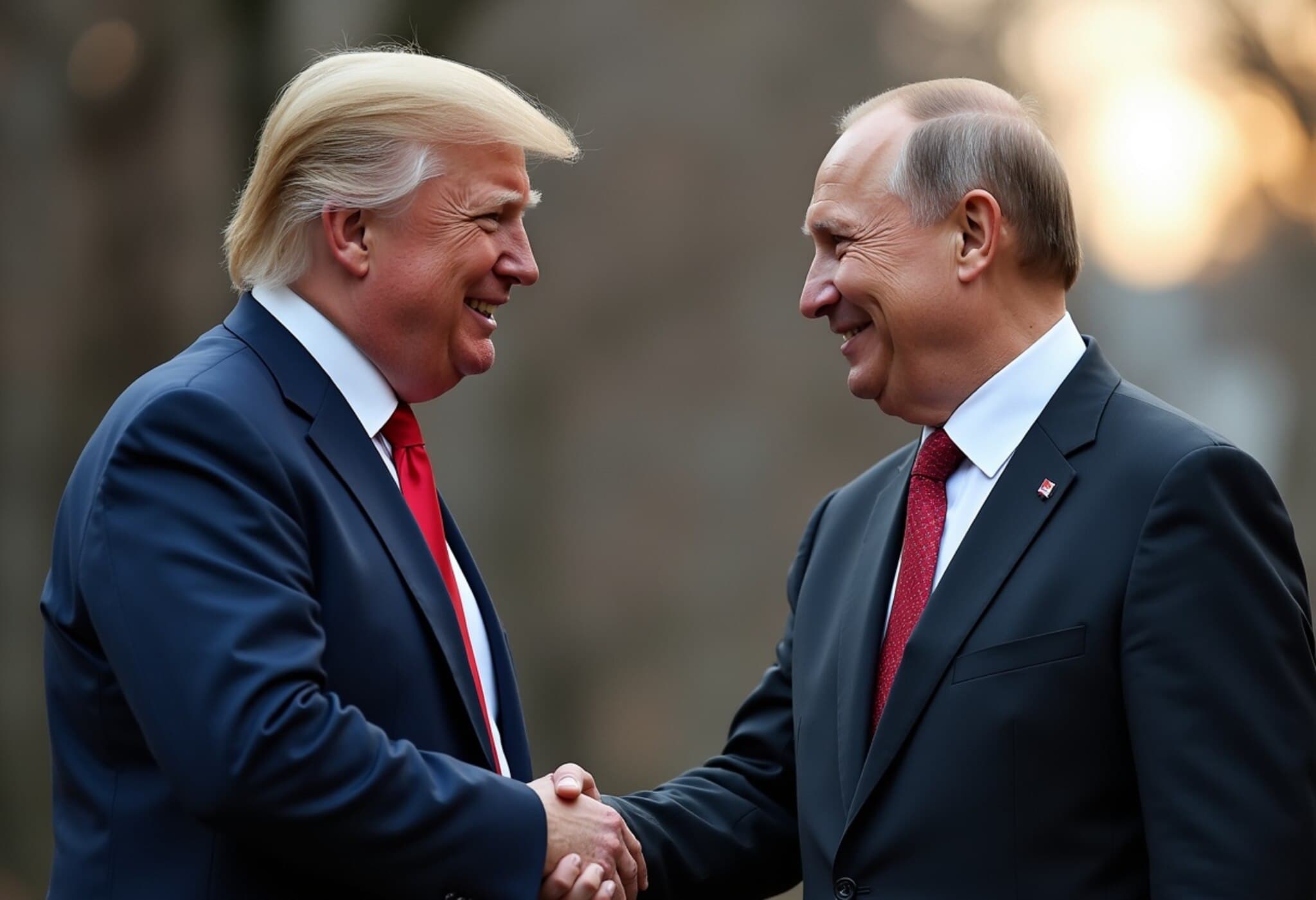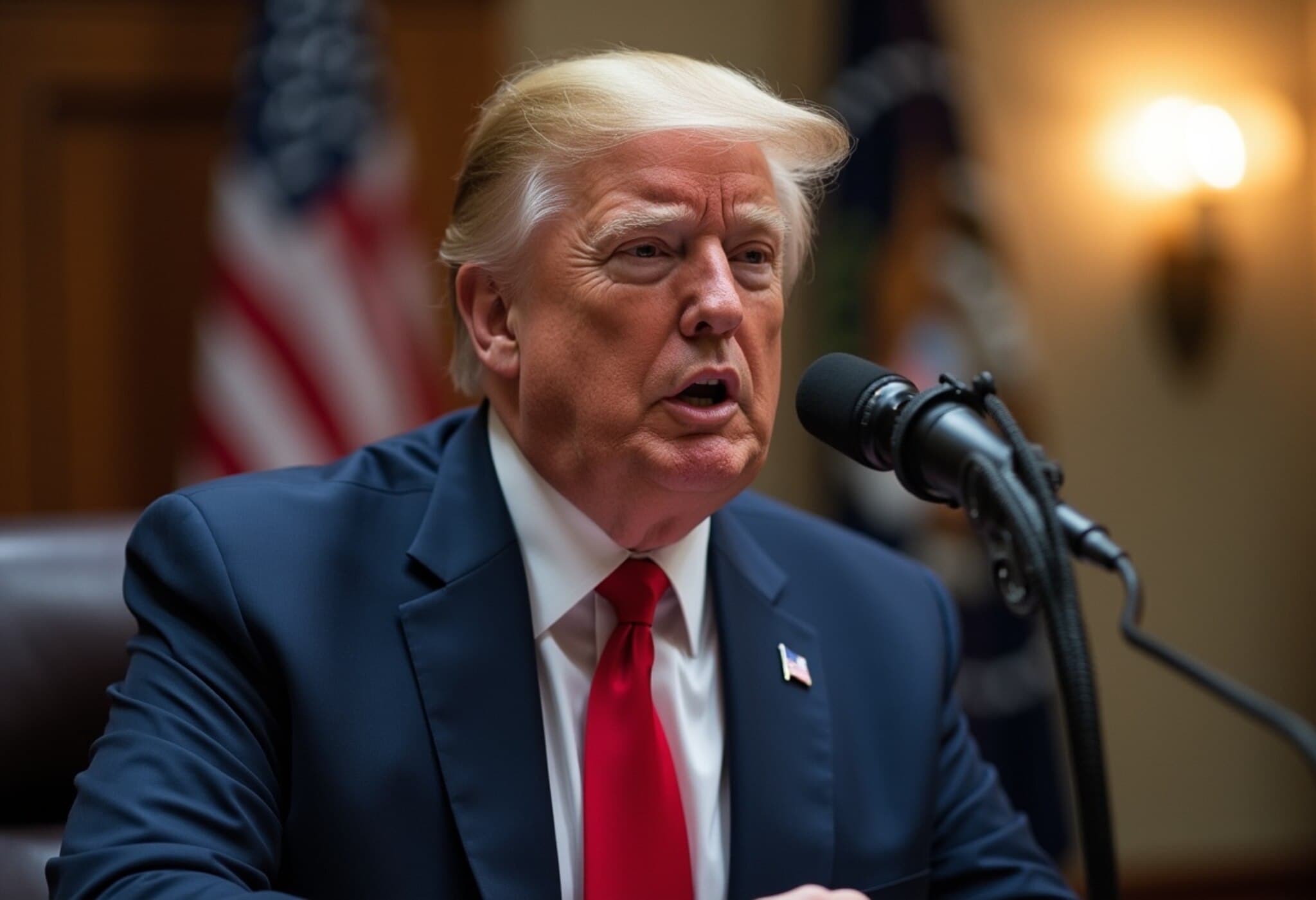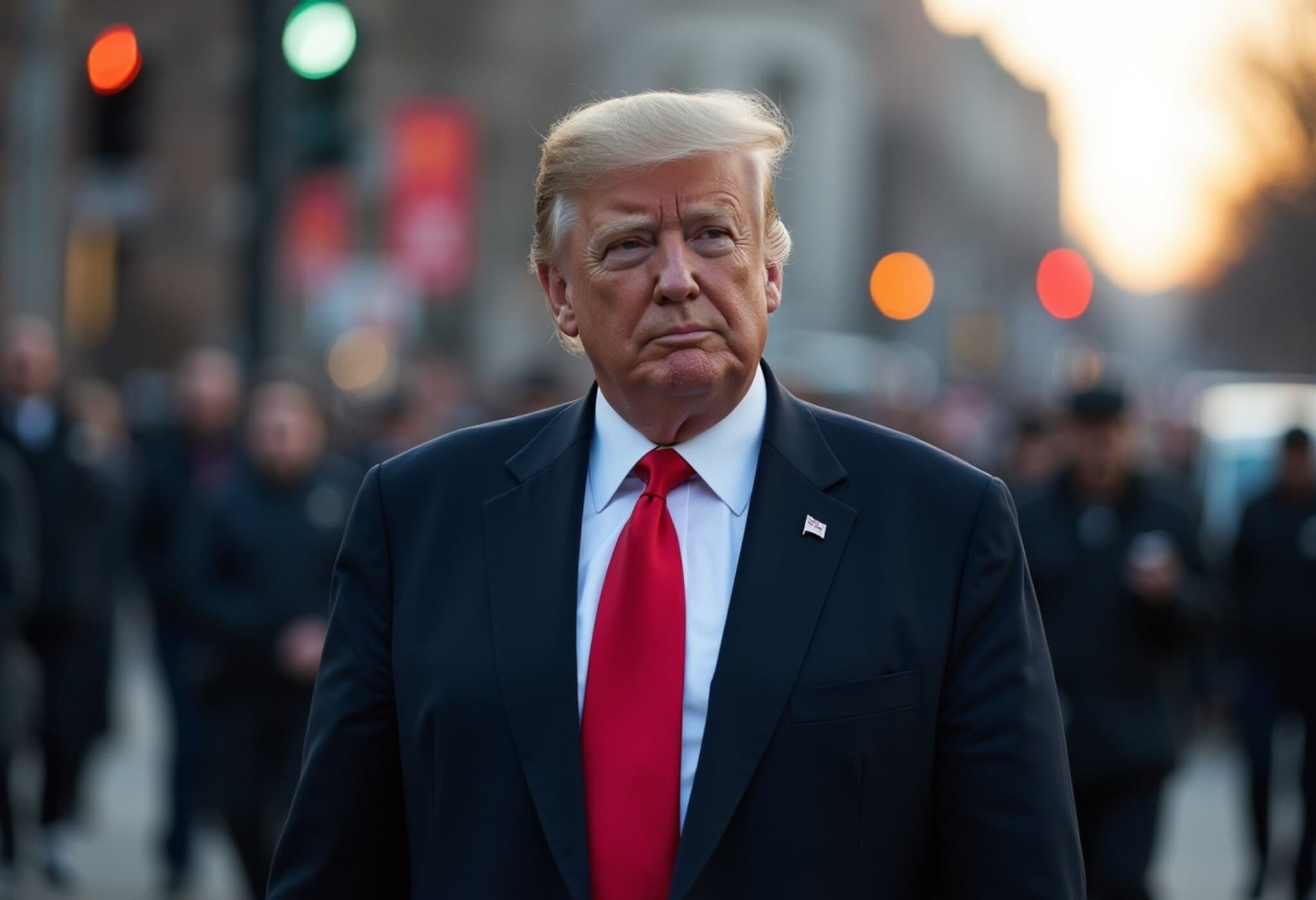European Defense Sector Faces Renewed Investor Interest Amid Geopolitical Turmoil
In the midst of escalating global tensions and rapidly evolving security priorities, European defense companies are positioning themselves for another phase of significant growth. Bank of America’s head of EU industrials research, Ben Heelan, recently highlighted this bullish outlook during a conversation on CNBC’s Squawk Box Europe.
ESG Investors Reevaluating Defense Amid Security Concerns
Traditionally, defense stocks have been shunned by many ESG (Environmental, Social, and Governance) funds due to ethical concerns surrounding arms manufacturing. However, recent geopolitical instabilities and amplified defense spending commitments from Western governments are reshaping this perspective.
Heelan explains, “Many ESG funds that previously excluded defense are now reconsidering their stance. Yet, these funds need to revisit and update their fund documentation to incorporate these holdings and notify their clients of the change.” This regulatory and procedural lag means that the actual inflow from ESG investors into European defense stocks is still in its early stages.
Bank of America's team notes that, contrary to what one might expect, the weighting of ESG funds in European defense has not dramatically shifted yet. This reveals an intriguing narrative: the sector’s robust growth might just be the prelude to a larger, more sustainable influx of capital from ethical investors adapting to new real-world security challenges.
Record-Breaking Performance in the European Defense Index
The Stoxx Europe Aerospace and Defense index has surged a striking 50% in 2025 alone. This robust performance is inextricably linked to concerted defense budget increases across the continent and NATO’s strategic initiatives.
- France’s Exail Technologies, specializing in maritime robotics, soared by 581% this year, exemplifying the rapid elevation of innovative defense tech firms.
- Germany’s Renk (+235%), Rheinmetall (+164%), and Hensoldt (+147%) also enjoyed remarkable gains, underscoring broad-based growth across the industrial and technological defense spectrum.
Short-Term Volatility as Diplomatic Prospects Emerge
Despite the stellar year-to-date performance, European defense stocks experienced a mild pullback recently. This drop coincided with news of a potential meeting between U.S. President Donald Trump and Russian President Vladimir Putin, reviving hopes for a de-escalation in the Ukraine conflict.
Heelan points out that this dip primarily reflects profit-taking among hedge and macro funds that capitalized on early 2025 gains. “Many funds have been reducing their positions after substantial appreciation over the first half of the year,” he observed.
Backing Growth with Tangible Government Orders
Importantly, the growth story in European defense stocks isn’t resting solely on speculation or market sentiment. Heelan highlights a key factor underpinning continued expansion: pending large-scale orders from regional governments, particularly in Germany, are set to bolster defense firms’ production backlogs considerably.
“We’re entering a phase where the high valuations are justified by the anticipated robust trajectory of government contracts lasting until decade’s end,” Heelan said, signaling confidence in sustained demand.
Contextual Insight: Lessons for U.S. Investors and Policymakers
The European defense sector’s dynamics carry significant lessons for American investors and policymakers alike. As transatlantic security ties strengthen, and as ESG investing adapts to evolving challenges, U.S. markets could witness similar patterns of increasing acceptance of defense-related equities within responsible investment frameworks.
Moreover, the emphasis on long-term government spending commitments hints at a broader trend: defense industries, often seen as cyclical or reactive, are now becoming strategic pillars of economic and technological development in response to shifting global power balances.
Underreported Angle: The ESG Paradox in Defense Investing
One of the most fascinating undercurrents is the paradox faced by ESG funds. How do investors committed to sustainability reconcile the imperative of geopolitical security, often reliant on defense capabilities?
This emerging debate underscores the complexity of ethical investing in today’s fraught geopolitical environment and suggests a nuanced future for ESG criteria—one that balances moral commitments with pragmatic defense realities.
Editor’s Note
The surge in European defense stocks is more than a market anomaly—it reflects an evolving investor mindset and shifting geopolitical imperatives shaping global security architecture. For investors and observers, a critical question emerges: Can ESG investing harmonize with defense imperatives without compromising principles? The unfolding scenario offers a real-time case study on adapting investment ethics amid global uncertainty.

